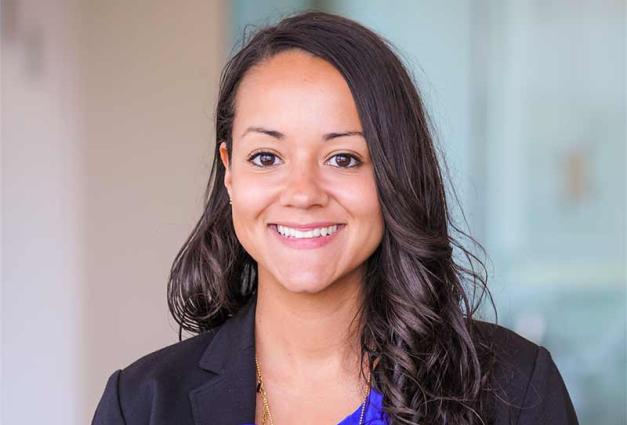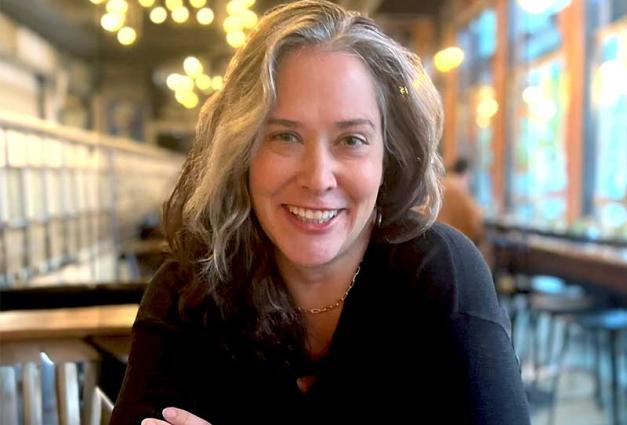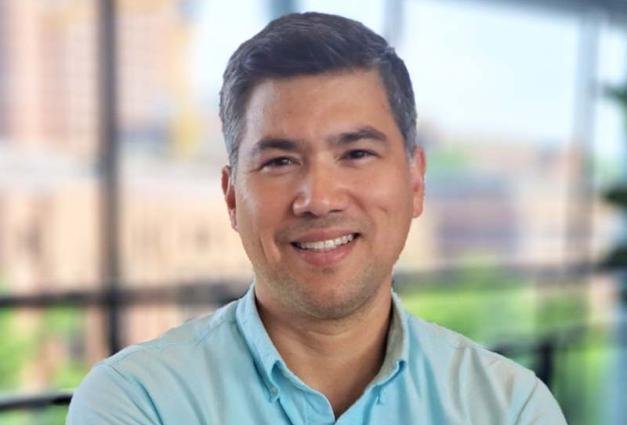Erin Heerey is an Associate Professor at Western University in London, Ontario, Canada. She received her doctorate in clinical psychology at the University of California, Berkeley. Her research focuses on the biological underpinnings of social behaviour, social difficulties in clinical populations, and how people use and understand social cues during face-to-face interactions.
What tactics or methods do you like to employ in order to get your students to think creatively about research?
It is hard to make people think creatively. So I tend to take the easy road and instead select students based on their ability to think creatively. That means I don't always select the students who look best on paper. Instead, I focus on the smart students who ask the most interesting research questions and who can imagine the work they would need to do to test those ideas. After that, it's just a matter of putting the conditions in place that will allow those students to flourish, grow and learn.
What are your current research interests?
One of the things I'm most interested in learning is how the brain integrates the huge array of data we acquire during face-to-face social interaction. We are currently working on some new analytic techniques suited to big data with multiple levels of interdependence. This work will help us generate the foundation of a research plan that will allow us to chart the social decisions people make based on how their partners behave. Once we can map the landscape of real social interaction, we can concentrate on how people use those data to understand and connect with others.
If you could instantly become an expert at something, what would it be?
Data science! This is an area where the training we get in psychology really falls short - the basic stats I learned during my degrees and the basic stats we teach today are really the tools of the 1930s. As a field, we need to work on improving students' training in data visualization, computer-intensive analysis models, social network and big data analysis, model selection/validation, and the tools psychological scientists need to begin making formal predictions of their theoretical models.
What’s the best advice you have ever received?
Beware the sunk cost fallacy! If something you are doing, whether personal or professional, has lost its utility, figure out how to either gain that utility back or find something else to do instead. Life is so busy that I don't have time to waste on things I don't enjoy. That includes both my work life and my personal life. That doesn't mean that I absolutely enjoy everything I need to do (either at work or at home), but on balance, the equations generally come out in the positive direction. I think that is probably the secret to well-being.
What are three goals that you have for the coming year?
1) Learn enough Python to code my first experiment in that language AND to analyze the data it produces.
2) Submit a registered report of a novel experiment.
3) Hike a section of the Sierra High Route.
If you weren’t in your current job, what would you be doing?
I would own a bakery/cafe, specializing in bread, pastries and other delicious high-carb offerings! And coffee. Really good coffee.




